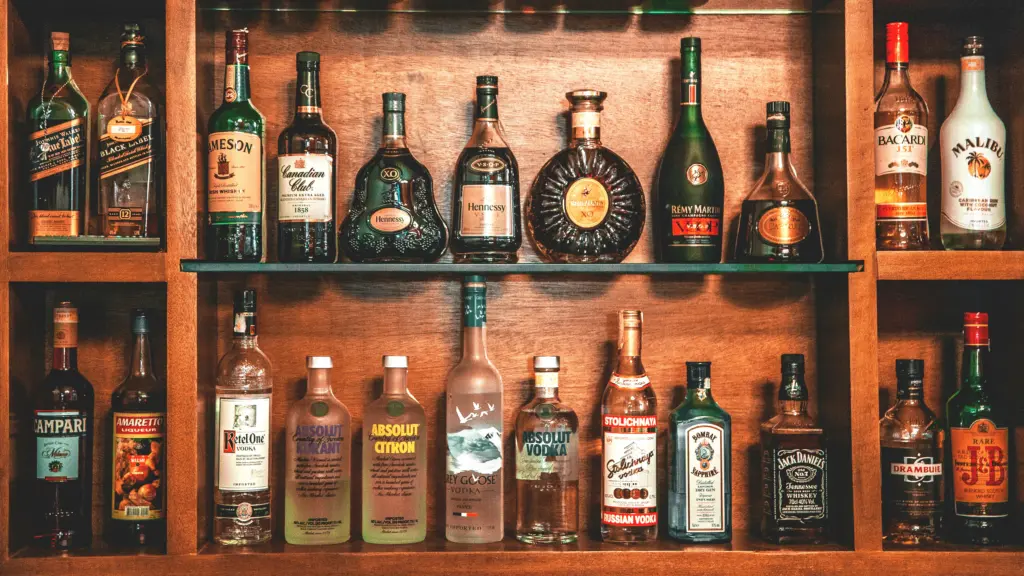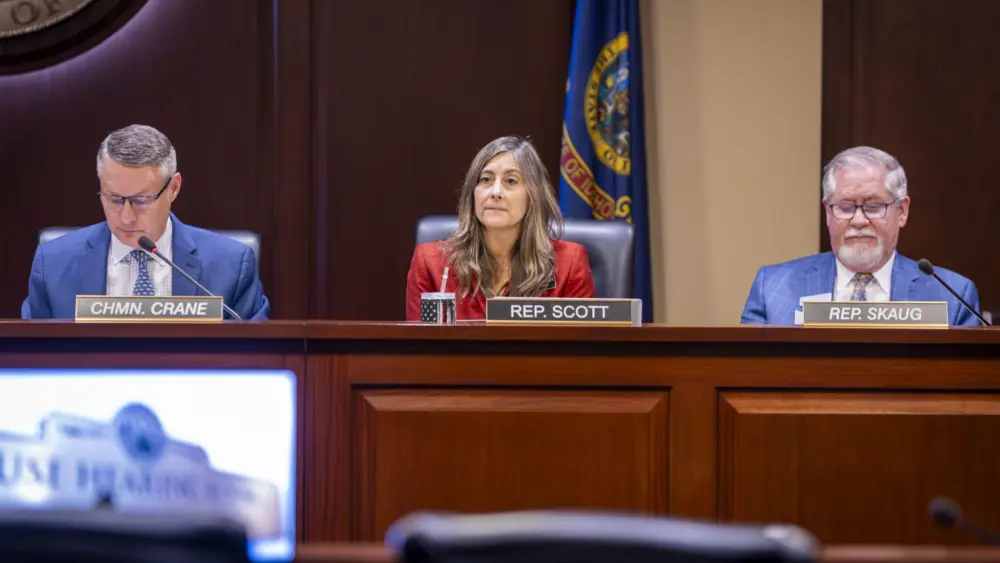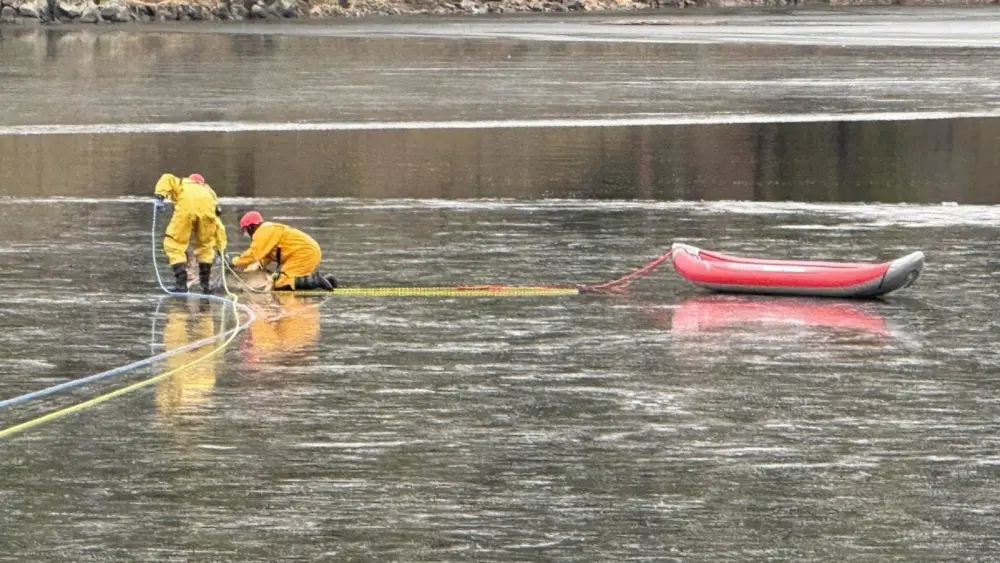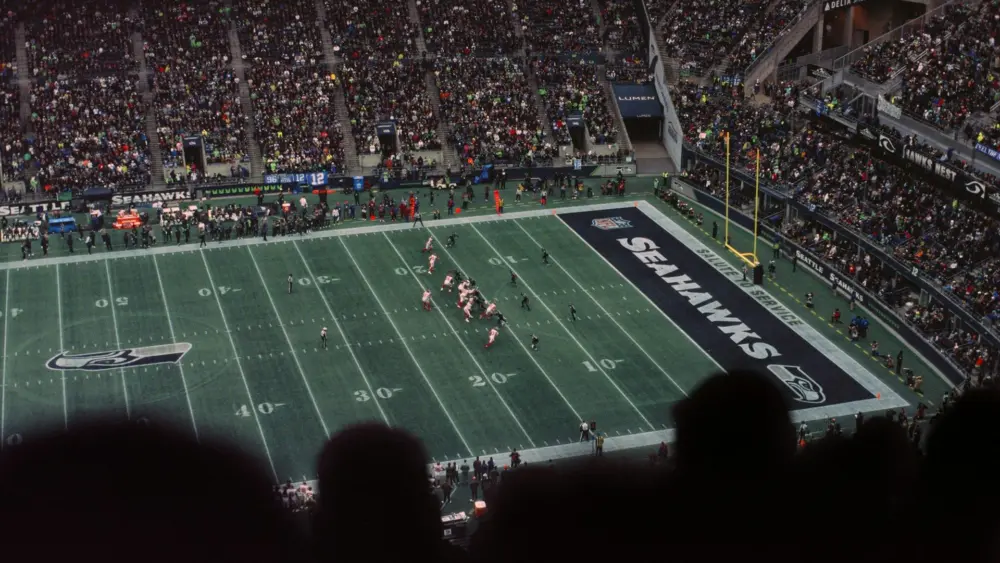OREGON – Along a remote and deep-sunk crook of the Deschutes River, in the small town of Maupin, you can find a state liquor store. But to find it you’ll need to make sure your vision encompasses legal theory.
The Maupin Market does indeed sell liquor, along with related products, a few steps away from groceries and other goods. Walking from the general goods side of the store to the liquor store side is just a matter of walking through a large doorway; you have to read the posted sign to tell when you’ve crossed over. It is a legal liquor store, legally separate, but it has the feel of being part of a normal retail operation.
Why Maupin’s example isn’t more the rule than the exception in Oregon could be a political question this year, as it last was in 2022.
Most Oregon liquor stores are stand-alone operations, separate from other retail operations and under strict state control.
The Oregon Liquor and Cannabis Commission describes the difference between larger and smaller operations: “There are two types of liquor stores to serve the public: exclusive and non-exclusive. Exclusive stores are generally located in metropolitan areas and are high volume businesses whose primary function is selling liquor. Exclusive stores may also sell authorized related items such as glassware, mixers and items used in preparing a drink. Non-exclusive stores are operated in conjunction with another business such as hardware, drug or grocery stores. Non-exclusive stores usually serve smaller communities and unique settings.”
It also says, “The State owns the distilled spirits in each store. The OLCC appoints liquor store operators who are responsible for the stores’ daily operations. The liquor store operator and personnel are part of a small business operation and are not state employees. Which seems like a strange mix of public agency and private business.
The Oregon approach is not unique. About a third of the country, most often in southern states, does something similar.
But most western states, including California, Washington and Nevada allow liquor sales in private retailers like grocery stores. Washington state made the change, after a successful initiative campaign, in 2011. Oregon’s system is more like those in Idaho and Montana. Many Oregonians, especially on the west side, might puzzle over that.
The possibility of changing this approach to broader retail sales has come up this year because two Portlanders, David John Allison and Kyle LoCascio, have filed an initiative proposal intended for the November 2026 ballot. It has gotten as far as an approved ballot title, issued by the attorney general’s office on August 8. The measure would allow liquor sales in stores which could obtain a license to do so. It is initiative proposal 43.
It probably won’t make the ballot, at least based on campaign activity so far, of which there hasn’t been much. Little or no spending on the measure has been reported by its backers, who appear to have no organized campaign or even a website. Strong organization would be needed, as it would be for any ballot measure, to gather the 117,173 petition signatures needed for a spot on the ballot.
The language on the petition is not even original: It comes from a 2022 initiative effort by the Northwest Grocery Association, whose members would like to be able to sell liquor. A spokesman said at the time “Oregonians firmly believe that we should be able to buy liquor along with beer and wine at their local grocery stores as our neighbors in Washington and California are able to do.”
The association said legal battles and delays were among the reasons the petition didn’t reach the ballot in 2022. But it didn’t try again in 2024, and its spokesmen have said it has nothing at all to do – not even giving permission to use the same initiative language as in 2022 – with the Allison and LoCascio effort this year.
Four years ago, whatever the background, the group was unable to collect the needed petition signatures, and efforts before that also fell short.
So why has active support for the idea been so much less in Oregon than in its neighboring states – excepting the one least like it politically, Idaho?
The existing stores and their operators do make up a political constituency of their own, and they may have been making their own case over time. Possibly, not so many Oregonians are displeased with the current system and simply aren’t excited about changing it.
Or maybe Oregon really isn’t so different from California or Washington. Maybe a properly organized and well-scheduled effort could succeed if it is tried again.
But that will take work, effort and money. As matters sit, that may not be until 2028. At the earliest.
GET THE MORNING HEADLINES.
Oregon Capital Chronicle is part of States Newsroom, a nonprofit news network supported by grants and a coalition of donors as a 501c(3) public charity. Oregon Capital Chronicle maintains editorial independence. Contact Editor Julia Shumway for questions: info@oregoncapitalchronicle.com.





